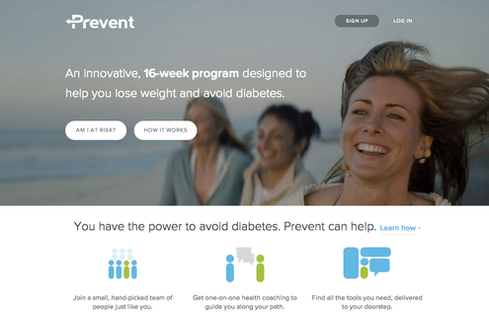CPOE Stragglers: One Hospital's Fix
Computerized physician order entry is mandated by law but some doctors still resist. Christus Health provides CPOE input assistants until docs see the value.


8 Healthcare Startups Catch Fire
8 Healthcare Startups Catch Fire (click image for larger view and for slideshow)
When Christus Health implemented CPOE as part of its EHR initiative, the hospital chain didn't require all doctors replace traditional paper orders with the new computerized system. However, it made the capability available to all physicians -- and most hospitalists, surgeons, and other medical staff were relatively fast to adapt to the computerized system, said Dr. Luke Webster, vice president and chief medical information officer at Christus Health.
"We implemented very aggressively, very quickly... but we did not mandate use. What we found, unsurprisingly, was physicians used CPOE in varying degrees of compliance. Some absolutely refused to use the order-entry system," he said, during a presentation at HIMSS14 in Orlando, on February 24.
With the exception of its children's hospital, all Christus's hospitals' CPOE systems now perform at 78% across the Texas region, said Dr. George Gellert, regional CMIO at Christus Health in Santa Rosa. Those least likely to use the CPOE are low-frequency users (LFUs) -- typically private or community doctors, many of whom have privileges at several hospitals and therefore must learn multiple EHRs and CPOEs, said Webster.
[How to keep patients happy while they're waiting? Read 10 Waiting Room Apps That Engage Patients. ]
Forcing these doctors to use the Christus CPOE might encourage them to work with competitors situated literally a courtyard away. Yet maintaining a mixture of paper and computerized physician orders was confusing and prone to error, mistakes that could jeopardize patient health and safety, he said.
A team came up with six considerations that would allow LFUs to avoid CPOEs while helping the hospital advance its adoption of CPOE. Options included having a hospitalist enter orders while the LFU doctor stood by or using a mid-level practitioner to enter the doctor's orders while the doctor gave them verbally. Less costly approaches included using a dedicated nurse supervisor or unit clerks. Or hiring and training a dedicated CPOE staff, or using college students.
Despite offering a menu of options to avoid a one-size-fits-all solution, Christus Health managers opted to hire a dedicated CPOE staff to work, at the elbow, with LFU physicians, Gellert said. In addition to entering these doctors' orders, the CPOE staff are demonstrating the system's ease of use, answering physicians' questions about CPOE, and ultimately will see their positions end as doctors realize the benefit and inevitability of these systems, he said.
"We really don't regard this as necessarily a permanent investment," added Webster. "Once a good number of physicians see how easy CPOE is to navigate and once they save their favorite order sets, they'll become independent users. In a few years, only one third [of today's LFUs] will need at-the-elbow help. We estimate 12% to 15% are these low frequency users so it's a good, significant part of the overall community."
Medical data breaches seem to show up on the 6 o'clock news almost every week. If you think it wouldn't happen to you -- or the financial impact will be minor -- think again. Download the Healthcare Data Breaches Cost More Than You Think report today. (Free registration required.)
About the Author
You May Also Like






